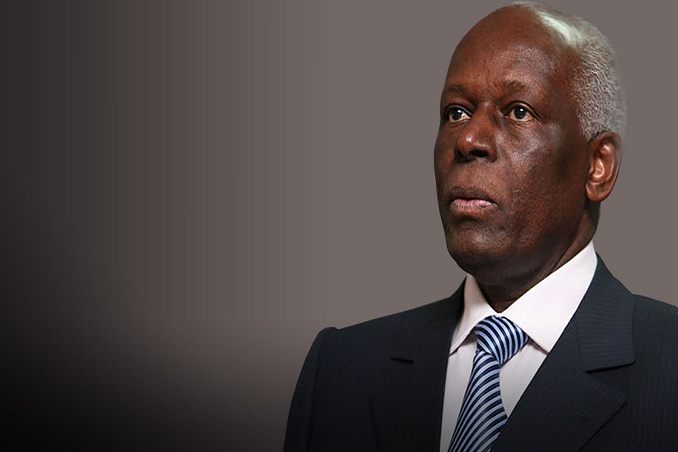Last updated on September 16th, 2021 at 06:58 am
Angola’s former president, Jose Eduardo dos Santos, arrived in the country on Tuesday from Spain, marking the first time he has gone home since leaving office, according to the country’s national press agency. The former president, Dos Santos, left the nation in 2019 after turning over the reins to President Joao Lourenco the year before. Lourenco has since targeted the former first family in an anti-graft investigation.
He arrived in Luanda, Angola’s capital, on Tuesday morning after spending the previous two years in Barcelona, according to Angop. It was not immediately apparent how long he would be staying. While serving as president of the oil-rich nation for 38 years, Dos Santos, 79, has been accused of promoting relatives and friends to key positions in the government. He is accused of allowing corruption to flourish while in power, allowing money to accumulate in the hands of a small number of individuals while millions and billions of dollars were reportedly embezzled from state-owned enterprises.
Related Posts
President Joao Lourenco, who took office in 2018, has promised to root out corruption and repair the economy, which is heavily reliant on oil exports. He initiated an anti-corruption crusade against the past regime, which has focused on some of dos Santos’s children, as well as other former officials. Isabel dos Santos’s millionaire daughter, who was named chair of state oil giant Sonangol under her father’s leadership, had her business assets frozen by prosecutors in 2019.
Isa is being investigated for allegedly siphoning state cash into offshore assets, which she categorically denies. She was fired from her job immediately after Lourenco took over, and she is being held in custody. Angola’s national wealth fund, which she controlled from 2013 to 2018, was looted by her half-brother Jose Filomeno dos Santos, who was sentenced to five years in prison in August last year for diverting oil money from the fund.
Dos Santos will be protected from prosecution by the federal government until 2022, which is five years after the conclusion of his term as president. Angolans will go to the polls for presidential, legislative, and local elections next year, among other things. Joao Lourenco is widely expected to seek re-election to his current position. The president has fallen behind on his campaign promise to revive the economy, and he has incurred the wrath of the opposition by enacting “unfair” electoral law modifications this month.

